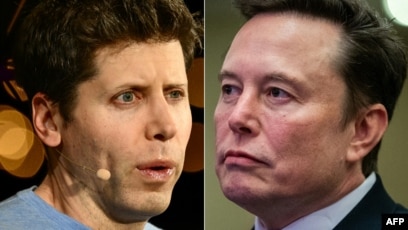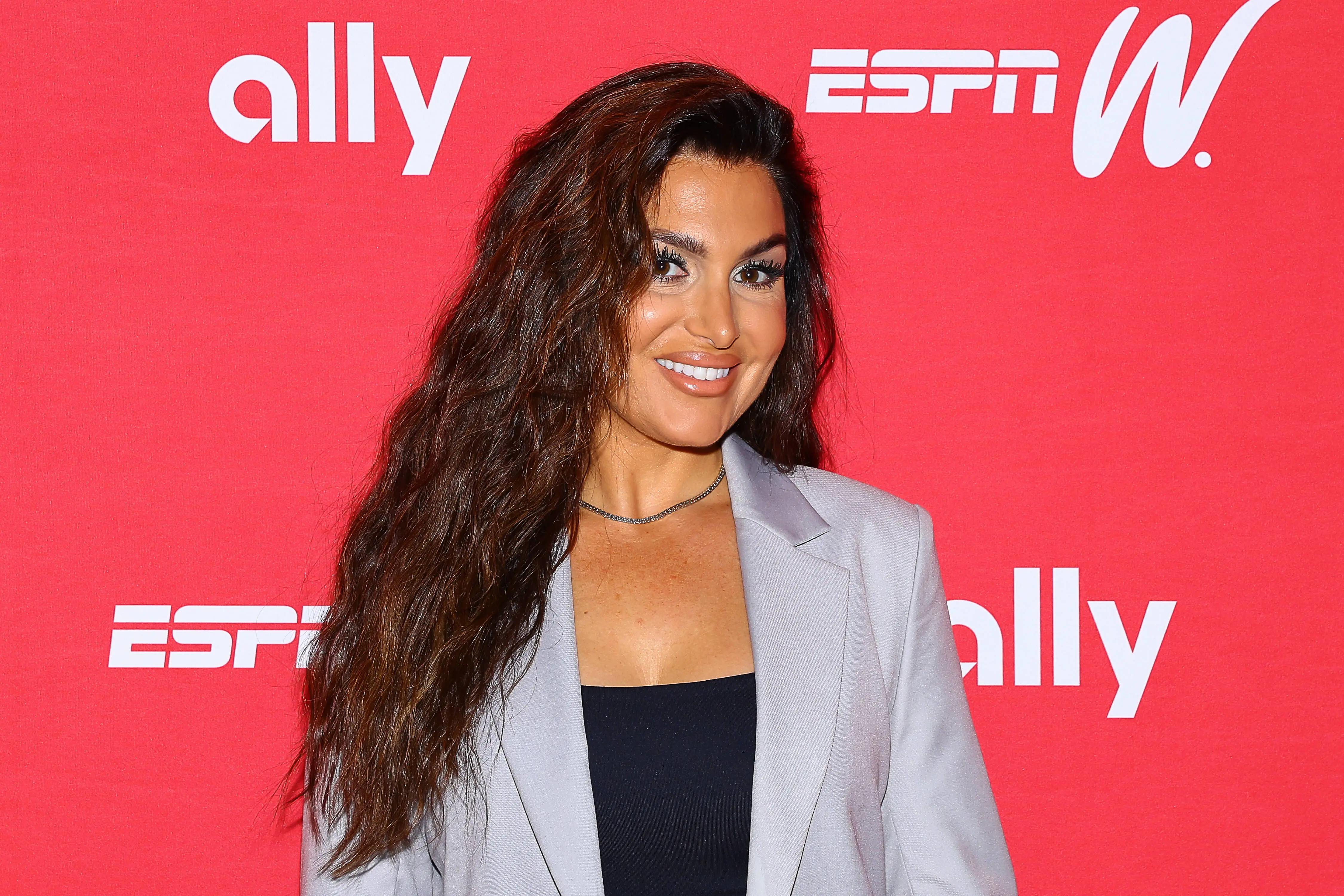
Elon Musk vs. Sam Altman: A Billion-Dollar Feud Over OpenAI
The tech world is no stranger to dramatic rivalries, but the ongoing battle between Elon Musk (age 53, net worth $397 billion) and Sam Altman (age 39, net worth $1.2 billion) over the future of OpenAI is shaping up to be one for the ages. This time, Musk and a group of investors have thrown down a staggering $97.4 billion bid to take control of the non-profit side of OpenAI—a move that Altman promptly and publicly rejected. Instead, in a twist only befitting the digital age, Altman jokingly counter-offered to buy Twitter (now X) for $9.74 billion. Musk’s response? A single word: “Swindler.”
Let’s break down this latest chapter in their high-stakes AI showdown and what it means for the future of artificial intelligence.
A $97.4 Billion Power Play
Musk’s bid to buy OpenAI’s non-profit arm wasn’t just about ownership—it was about reclaiming the company’s original vision. OpenAI was founded in 2015 as a non-profit AI research lab with the mission of developing safe and transparent AI for the benefit of humanity. Musk was a key investor in its early days, pouring millions into the venture before resigning from its board in 2018.
Now, Musk, alongside his own AI startup xAI and a consortium of investment firms, is pushing to restore OpenAI to its original non-profit roots. His lawyer, Marc Toberoff, submitted the bid directly to OpenAI’s board. The proposal, if accepted, would essentially strip OpenAI of its for-profit direction and bring it back under Musk’s influence.
But Altman wasn’t having it. His response on X (formerly Twitter) was as direct as it was cheeky: “No thank you, but we will buy Twitter for $9.74 billion if you want.”
For Musk, who spent a jaw-dropping $44 billion to acquire the platform in 2022, this was a pointed jab. But the one-word reply, “Swindler,” suggests the rivalry between these two powerhouses runs far deeper than mere business.
The Long-Running Feud: Musk vs. Altman
Musk and Altman’s relationship wasn’t always this volatile. In fact, they were once co-founders and partners in shaping OpenAI’s early days. But things took a sharp turn when OpenAI pivoted to a for-profit model—a move Musk has long criticized as a betrayal of the company’s mission.
Musk sued OpenAI in 2024, alleging that the organization had strayed from its founding principles. His lawsuits, first in California state court and later in federal court, accused OpenAI of prioritizing profits over public good by aggressively developing powerful AI like ChatGPT.
When OpenAI fired Altman in late 2023, many thought it was the end of an era. But in true Silicon Valley fashion, Altman returned just days later—this time, with a new board and an even stronger grip on OpenAI’s future. Meanwhile, Musk wasn’t about to sit on the sidelines. He launched xAI in early 2023, determined to carve out his own space in the rapidly expanding AI landscape.
What’s at Stake?
The Musk-Altman battle isn’t just about personal egos—it’s about the future of AI itself. OpenAI’s evolution from a non-profit research lab to a multi-billion dollar tech powerhouse has raised serious questions about the role of AI in society.
Musk has been vocal about the risks of unchecked AI. He has repeatedly warned that AI could become an existential threat if left in the hands of corporations driven by profits rather than ethical considerations. His bid for OpenAI’s non-profit arm is his way of trying to put the genie back in the bottle.
Altman, on the other hand, sees AI as an inevitable force that needs scalable funding to thrive. OpenAI’s commercial success with ChatGPT has not only made the company financially sustainable but has also allowed it to push forward on groundbreaking AI research.
With OpenAI’s announcement last year that it plans to formally change its corporate structure, tensions have only escalated. Musk’s legal team has been aggressively challenging the move, and a recent court hearing in California saw Musk’s lawyers arguing for a court order that would block OpenAI from fully becoming a for-profit entity.
The AI Race Heats Up
As OpenAI continues to dominate the AI space with ChatGPT and Altman’s push for more advanced AI models, Musk isn’t sitting idle. His company, xAI, has been ramping up efforts to compete in the industry. With AI becoming the next big battleground in tech, the rivalry between Musk and Altman could shape the way AI is developed, deployed, and regulated.
For now, OpenAI remains one of the most powerful players in the field, and Altman is steering the ship with full control. But Musk isn’t backing down, and his latest $97.4 billion bid might just be the beginning of another high-stakes Silicon Valley power struggle.
What’s Next?
The Musk vs. Altman saga is far from over. Whether Musk finds a way to regain influence over OpenAI or whether Altman continues to push forward with his vision, one thing is certain—AI is at the center of one of the biggest tech rivalries of our time.
For everyday users, this battle could influence everything from how AI is regulated to how it’s integrated into our daily lives. If Musk succeeds in turning OpenAI back into a non-profit, it could reshape the AI industry entirely. If Altman continues on his trajectory, OpenAI could become one of the most powerful for-profit tech companies in the world.
One thing is for sure: this fight isn’t just about AI—it’s about power, influence, and the future of technology itself.
So, buckle up. The AI wars are just getting started.
Popular Categories





